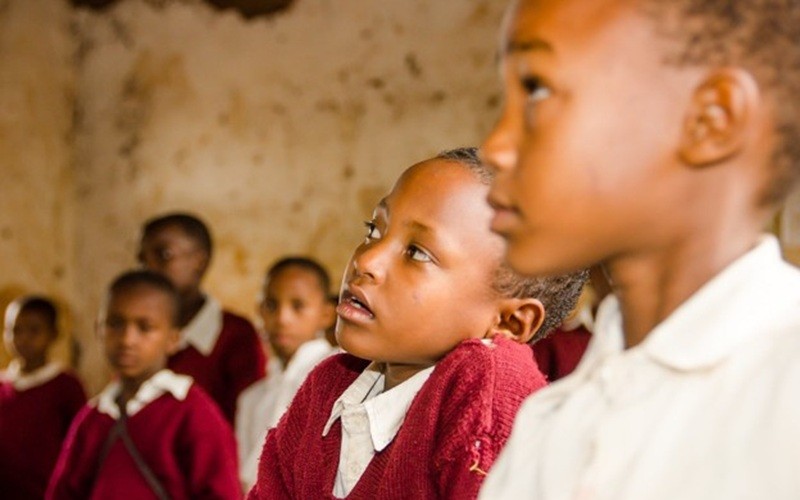
In Tanzania, expanding access to quality education for out-of-school youth remains a national priority. Addressing this challenge requires innovative approaches that go beyond traditional education systems. With support from the Commonwealth of Learning (COL), the Institute of Adult and Non-Formal Education (ANFE-IAE) has implemented a digital bridging course that offers a second-chance learning pathway for marginalised learners, particularly girls. This effort exemplifies how technology-enabled, flexible education models can support inclusive and equitable lifelong learning in alignment with national and global education goals.
The bridging course initiative was developed in response to the critical education gap affecting out-of-school youth, particularly girls, in Tanzania. For many years, many learners were unable to complete their education due to socioeconomic barriers, including early marriage and lack of access to formal schooling. This left them without recognised academic qualifications, limiting their future employment and higher education opportunities.
Recognising this challenge, ANFE-IAE sought to create an alternative learning pathway. Developing the bridging course began with extensive consultations with education stakeholders, policymakers, and community representatives. It became evident that a flexible, competency-based programme was needed, one that could accommodate diverse learning needs while maintaining high educational standards.
Initial pilot programme modules were launched to test different models of blended learning, incorporating digital tools and face-to-face instruction. These pilots demonstrated a strong demand for structured, skill-oriented education programmes. The success of these trials paved the way for a structured curriculum designed to bridge the gap between non-formal education and mainstream secondary education. Over time, the programme evolved to integrate open and distance learning (ODL), digital classrooms, and video-based instructional content to ensure accessibility for learners in remote areas.
The Bridging Course has grown into a nationally recognised programme through rigorous development, refinement, and alignment with national education policies. Today, it provides hundreds of learners a second chance at education, empowering them with the knowledge, skills, and qualifications necessary for continued education and economic participation.
Dr Sempeho Siafu, leader of the IAE-COL project, observed, “The long-term implications of this initiative extend beyond the immediate project outcomes, positioning IAE as a leader in digital adult and non-formal education within Tanzania and the broader East African region. By establishing a robust digital learning ecosystem, the programme has laid the groundwork for sustained growth in e-learning, allowing IAE to continue expanding its digital course offerings and reach a wider learner base.”
Dr Tony Mays, Director: Education COL, who also manages its Open Schooling initiative, noted that the only way to address the large and growing numbers of young people not in employment nor education and training (NEET) in many countries is to offer more flexible learning pathways to re-open the doors to formal learning opportunities. Results from the bridge course in Tanzania for NEET youth show that a scalable model is available.
Image caption: This Photo from Kibaoni Primary School by QuakeUp is licensed under CC BY-SA


